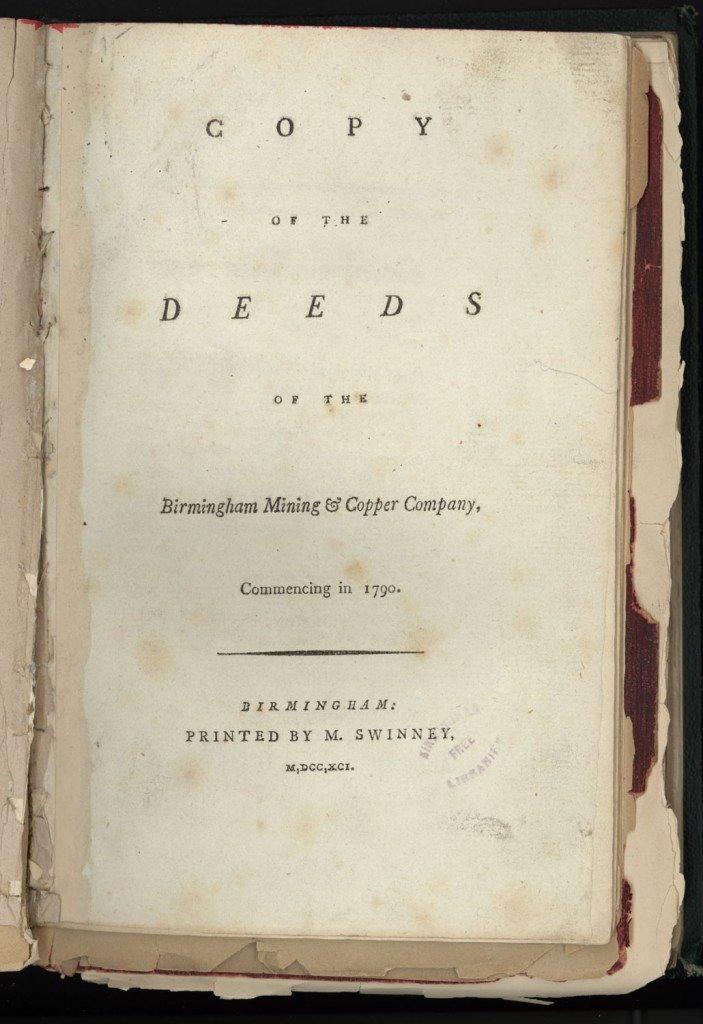Entrepreneurship 2: The Birmingham Metal Company and The Birmingham Mining and Copper Company
Image: First page of Copy of the Deeds of the Birmingham Mining and Copper Company. 1791.
[Image from: Birmingham Central Library, Local Studies and History (See Birmingham Institutions volume, D9)]
William Hutton summed up the feelings against the brass manufacturers “Brass is an object of some magnitude … the manufacture of this useful article has long been in few and opulent hands, who … acted with despotic sovereignty, established their own laws, chose their customers, directed the price of and govern the market”
The establishment of the Birmingham Metal Company was not the end of the problems for Birmingham’s brass trade. In 1783, the brass companies lobbied Parliament for the repeal of certain old statutes which prohibited the export of brass. In response, brassfounders from Birmingham and other Midland towns petitioned that the export of brass would be detrimental to their trades, and, although the Bill, known as the “Brass Masters Bill” passed through the House of Commons, it was defeated in the House of Lords.
The combination of copper suppliers in 1785 further threatened the Birmingham brass trade, as this effectively provided a monopoly for the whole copper output of the country. It would not only affect the brass trade, but also all those requiring copper. Due to conflicting business interests various schemes to provide Birmingham with its own smelting works were scrapped, and, in August 1790, The Birmingham Mining and Copper Company was formed with a capital of £50,000, divided into 500 shares. At this time it was estimated that consumption was between 1,500 and 2,000 tons annually.
« Previous in this sectionNext in this section »Continue browsing this section
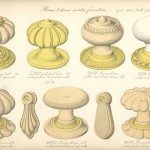 The Brass Industry and Brass Workers in Birmingham
The Brass Industry and Brass Workers in Birmingham
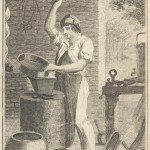 The Early Brass Trade
The Early Brass Trade
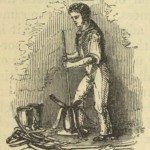 The Origins of the Brass Industry in the Midlands and Birmingham
The Origins of the Brass Industry in the Midlands and Birmingham
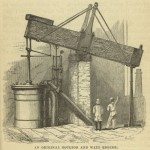 Innovation in the Midlands Brass Industry
Innovation in the Midlands Brass Industry
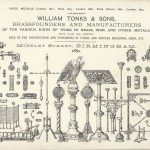 Brassworking Skills in Birmingham
Brassworking Skills in Birmingham
 Demand for Birmingham Brass in Britain and Abroad
Demand for Birmingham Brass in Britain and Abroad
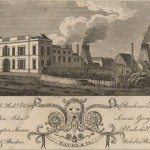 Entrepreneurship 1: Birmingham Brassfounders and the Building of the Brass House
Entrepreneurship 1: Birmingham Brassfounders and the Building of the Brass House
 Entrepreneurship 2: The Birmingham Metal Company and The Birmingham Mining and Copper Company
Entrepreneurship 2: The Birmingham Metal Company and The Birmingham Mining and Copper Company
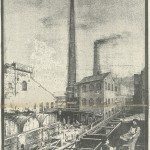 The Organisation of the Birmingham Workforce
The Organisation of the Birmingham Workforce
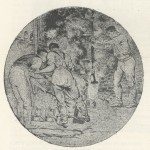 Working Practices and Conditions in the Birmingham Brass Industry
Working Practices and Conditions in the Birmingham Brass Industry
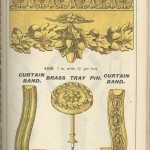 Trades Unions
Trades Unions
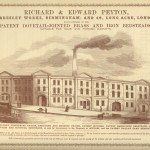 Conclusion: Further Investigation
Conclusion: Further Investigation
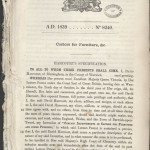 Glossary
Glossary



